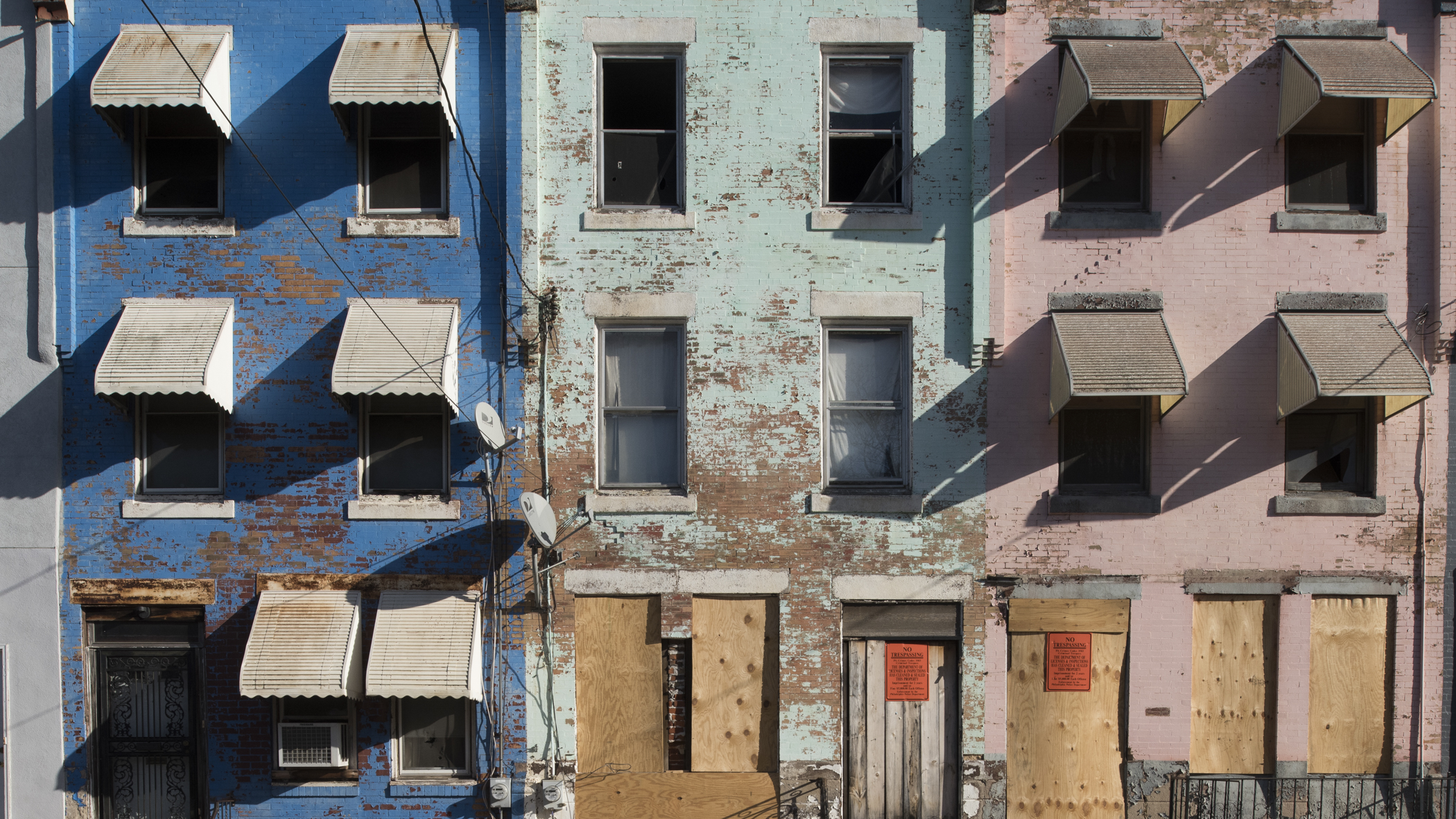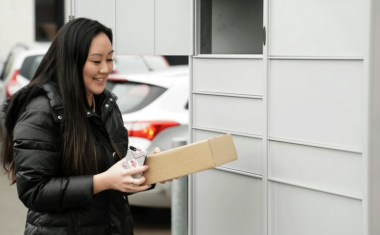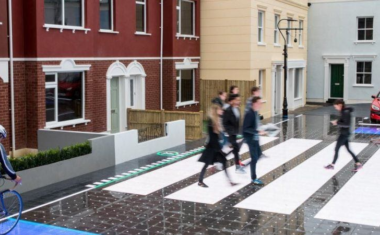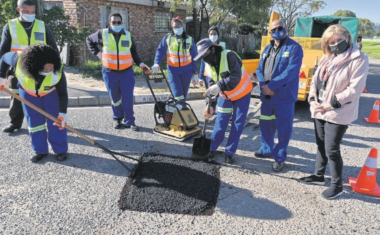Basic Systems Repair Program
- 7
- 7 min to read

About the city. Philadelphia has a large low-income population with a high homeownership rate.
Goal
The main goal is to help low-income families of the city to provide themselves with decent living conditions and housing. In owner-occupied low-income housing, which makes up an unusually high proportion of Philadelphia’s total housing stock, age and deferred maintenance have given rise to urgent repair needs.
Implementation period. The current design of BSRP was established in 1992.
Fact
According to the Department of Housing and Urban Development (HUD), millions of children, adults and elderly people across the country live in houses that are substandard.
Solutions

The Basic Systems Repair Program (BSRP) provides free repairs to correct electrical, plumbing, heating, structural and roofing emergencies in eligible owner-occupied homes in Philadelphia. PHDC is Philadelphia’s full-service community development organization.
What types of emergencies are eligible?
Citizens can apply for free major systems repairs if your home’s problems include:
-
Dangerous electrical conditions, such as overheating or sparking wiring or entire circuits that won’t stay on
-
Leaking or broken sewer lines
-
Leaking or broken water service lines
-
Violations from the Water Department, Philadelphia Gas Works, PECO or Philadelphia L&I
-
Roof leaks which have caused a 4 sq. ft. or larger section of ceiling to collapse (Small roof leaks are not considered emergencies)
-
Structural repairs to exterior walls of home (Brick pointing and stucco are not considered emergencies)
Who can apply?
To be eligible for free emergency repairs a person must:
-
Have not used BSRP services in the last three years.
-
Own and live in the single-family house with the problem.
-
Be current or under current payment agreement for both your property taxes and your water bill.
-
Meet the income guidelines.
-
Not own any other residential property.

How to apply?
The first step in receiving PHDC services is to complete an Application Form. A person may
-
Complete and submit online an Application Form
-
Download an Application Form and return it to PHDC by US Mail
-
Speak to a PHDC operator by telephone at 215-448-2160, Monday through Thursday from 9am until 4pm, and Friday 9am-Noon. Hearing impaired persons only call TDD at 215-448-2184.
How BSRP Works?
A distinctive feature of the program is the “blanket contract” system under which qualified contractors in various trades agree to work on a schedule of fixed prices for each type of repair. This makes it possible for jobs to be assigned directly to an available contractor without a bidding process. There are two “tiers” of service, capped respectively at $3,500 and $12,500 per house. While applicants for Tier 1 self-certify their income eligibility and are enrolled by phone if they need more than $3,500 worth of repairs they are shifted to Tier 2. Then they must bring the required documentation to apply downtown in person. About one-fourth of the cases assigned under Tier 1 is found by the contractor to need too much work for that tier, sometimes because the initial inspection was deficient; the client who has waited months for work to start is then pushed to the end of a new queue.
Challenges
Problem. Will BSRP repair holes it might create?
Solution. Yes. Any holes created by contractors to complete their work will be repaired the same way – ready for paint on the interior, finished in brick or stucco on the exterior. BSRP will not repair any pre-existing holes.
Team
Philadelphia Department of Planning & Development, the City of Philadelphia
Timeline
At its peak in 1995-1996, the program provided 6,503 repairs at a cost of $16.3 million. By 2000-2001, funding had declined to $8.8 million and only 1,999 repairs were completed. The 3,652 repairs in calendar 2004 were a recent exception to the long-term trend of 2,700 repairs in an average year.
If you notice an error or inaccuracy in our editorials, please email [email protected] so we can look into it.






